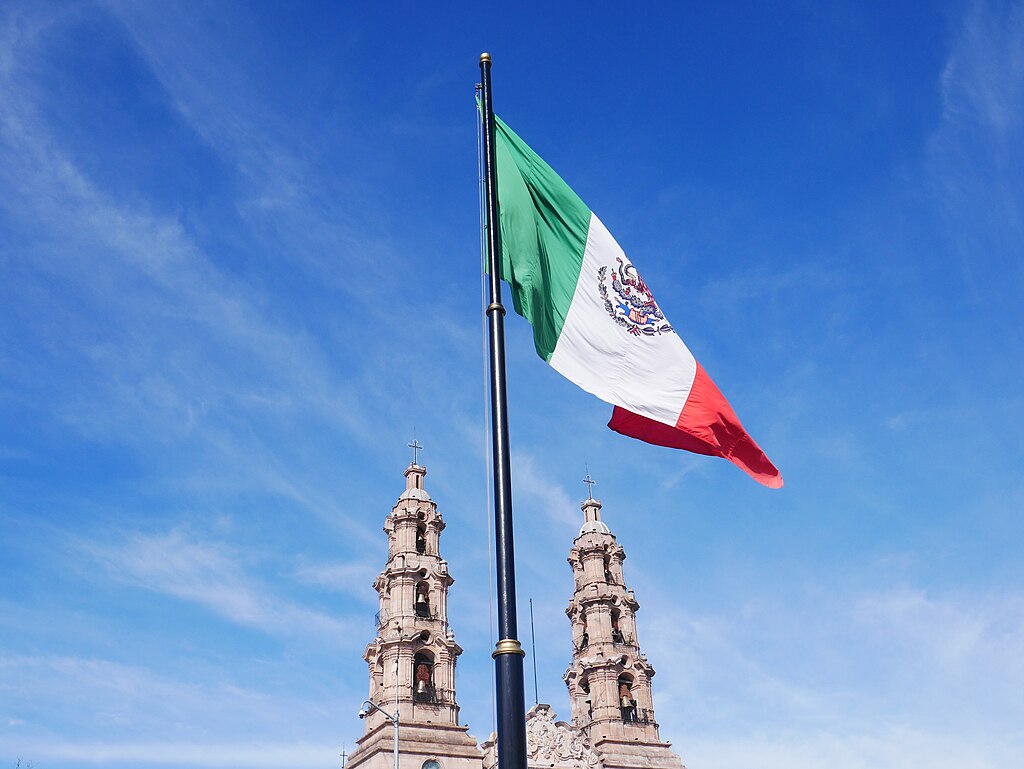Russia to Revise Nuclear Policy Amid Ukraine Conflict
Amid escalating global tensions and the ongoing conflict in Ukraine, Russia is preparing significant changes to its nuclear doctrine, raising questions about future geopolitical stability.
Published September 03, 2024 - 00:09am

Image recovered from tass.com
Russia is poised to revise its nuclear doctrine in light of recent global conflicts and the actions of Western nations, as announced by Russian Deputy Foreign Minister Sergey Ryabkov. Speaking to TASS, Ryabkov highlighted the advanced stage of this revision, noting that the process is driven by a comprehensive analysis of ongoing conflicts, especially the special military operation in Ukraine.
The proposed changes, though not yet detailed, indicate a shift in how Russia perceives threats and intends to defend its national security. According to Ryabkov, the timeline for the completion of these revisions remains uncertain due to the complexity and importance of the issues involved. President Vladimir Putin has previously stated that while the nuclear doctrine is subject to change, the ultimate goal is to prevent any nuclear exchange.
In June, Putin indicated a potential necessity for altering the doctrine due to the lowering threshold for nuclear weapon use in the West. This sentiment was echoed during a press conference, where Putin remarked on the introduction of new elements in the West that could necessitate a reevaluation of Russia's nuclear stance. Similarly, Ryabkov hinted at possible responses to the deployment of long-range U.S. missiles in Germany.
The Russian nuclear doctrine currently allows the use of nuclear weapons in several scenarios, including a nuclear attack on Russia or its allies, a threat to the existence of the state, or specific types of conventional attacks. These scenarios underscore the gravity with which Russia views its security environment and the role of nuclear deterrence within it.
The announcement comes amidst heightened tensions between Russia and the West, particularly in the context of the ongoing Ukrainian conflict. Since the beginning of the special military operation, Russia has accused the West of escalating the situation, which now influences its defense policies. This is particularly relevant as Western nations have provided military support to Ukraine, exacerbating Russia's security concerns.
Foreign policy analysts suggest that these developments signal a sharper, more confrontational stance from Moscow. For instance, Dmitri Trenin, a member of the Russian Council of Foreign and Defense Policy, has advocated for lowering the threshold for the preemptive use of nuclear weapons to fortify Russia's strategic position against NATO.
Moreover, the geopolitical ramifications of this doctrinal shift are profound. China, a key economic and diplomatic partner for Russia, has advised caution regarding nuclear threats, advocating for non-proliferation and regional stability. Despite this, Russia's strategic calculus appears increasingly influenced by perceived Western encroachments and military posturing.
U.S. officials, while downplaying direct involvement in Ukrainian military operations, have acknowledged the provision of advanced weaponry to Kyiv, such as HIMARS missile systems. This has led to increased Russian military activity along its borders, further intensifying the conflict. The ongoing incursions and military engagements, including the Ukrainian offensive in the Kursk region, highlight the volatile nature of the current regional security environment.
As the international community watches closely, the broader implications for global security are significant. Changes to Russia's nuclear doctrine not only impact its bilateral relations but also the strategic stability of the entire globe. The evolving policies underscore the urgent need for diplomatic engagement and conflict resolution mechanisms to prevent further escalation.







